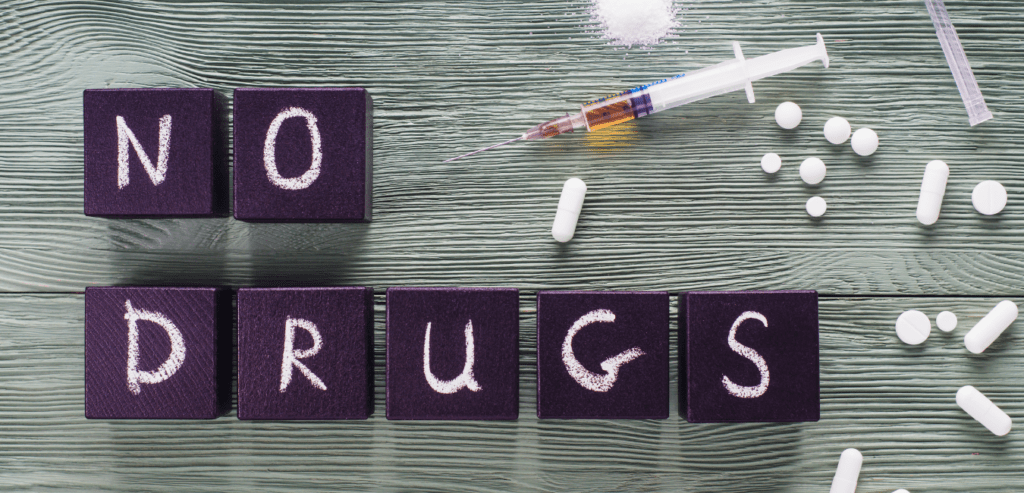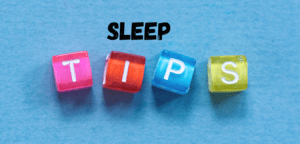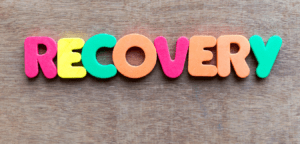As a parent, you are the biggest influence in your child’s life and having open, honest conversations is one of the most powerful ways to connect with your kids and help them develop into healthy adults. When addressing some more challenging topics – like nicotine, alcohol or drugs – it’s not about having a one-time “drug talk,” but rather tackling the subject through more frequent, organic conversations that evolve as your child gets older. Some things to keep in mind:
- Keep lines of communication open and make sure you come from a place of love and compassion – even when you’re having tough conversations.
- Balance any consequences with positive encouragement.
- Frequent touch points and teachable moments come up all the time — use these as natural opportunities to discuss substance use.
Preteen (9-12 years old)
Preteens who are trying to figure out their place in the world tend to give their friends’ opinions a great deal of power. At the same time, they’re also beginning to question their parents’ views and rules. This shift is natural, healthy and part of a normal process of maturity and identity development. The following are some age-appropriate scenarios to help your preteen understand how to stay healthy and avoid risks related to substance use.
Scenario:
Your child is just starting middle school and you know that it’s more likely that they will now be exposed to substances at school or in social environments.
What you can say:
I know we talked about this when you were younger, but you’re at the age now when you might be seeing or hear about other kids vaping, smoking, drinking or using drugs. I want you to remember that our family does not allow any substance use because it’s bad for your health and your brain. I’m here for you and the best thing you can do is talk to me if you are confused or concerned.
Scenario:
You hear from other parents that kids are selling prescription drugs at your child’s school. Your child hasn’t mentioned it but you want to talk to them about it.
What you can say:
“I heard some kids at your school are selling pills – prescription medications that they or someone in their family takes. Have you heard about kids doing this?” Practice role playing some practical responses they can give if offered medications by a friend. Let them know that they can always use you as an excuse to get out of a bad situation. You can say, “If you’re ever offered prescription medication, you can tell them, ‘my parents would kill me if I did that’ or ‘my parents can always tell if I’m lying or hiding something.’”
Scenario:
Your child’s favorite celebrity is involved in a drug scandal and your child read about it online.
What you can say:
Being in the public eye puts a lot of pressure on people, and some may turn to drug use because they think it will relieve that stress. But when a person uses drugs and alcohol — especially a young person who’s still growing — it changes how their brain works and they make poor decisions. Most people who use drugs and alcohol need a lot of help to get better. I hope the celebrity has a good doctor and friends and family members to help them through this.
Prevention tips for preteens:
- Make sure your child knows your rules — and that you’ll enforce the consequences if rules are broken. Kids are less likely to use nicotine, alcohol and other substances if their parents have established a pattern of setting clear rules and consequences.
- Feelings of insecurity, doubt and pressure may creep in during puberty. Offset those feelings with a lot of positive comments about your child’s individuality and strengths. Focus on their effort, creativity and kindness rather than specific outcomes such as good grades or winning a game.
- Get to know your child’s friends — and their friends’ parents. Check in by phone or a visit once in a while to make sure they are on the same page with regard to supervision and prohibiting substance use, particularly when their home is to be used for a party or sleepover.
- Help children separate reality from fantasy. Watch shows or movies with them and ask lots of questions to reinforce the distinction between the two. Remember to include advertising in your discussions, as those messages are especially powerful.
Teenager (13-18 years old)
We know teens are incredibly savvy when it comes to their knowledge about substance use, and they need information and messages based in real life. This is a pivotal time for parents to help their kids make positive choices about substances. The following are some scenarios to help your child understand how to stay healthy and navigate risks related to substance use.
Scenario:
You’re with your child and you both notice a few kids vaping.
What you can say:
“It really concerns me to see those kids vaping. I know that it’s becoming more common among kids your age, but that doesn’t mean it’s safe. What do you think about vaping? Do any of your friends do it?” While vaping may be a popular activity for some teens, it isn’t considered safe, especially for teens and young adults whose brains are still developing. Set clear expectations and explain why you don’t want your child vaping (e.g., concern about toxins, a broad range of health consequences, nicotine addiction).
Scenario:
Your teen is starting high school — and you want to remind them that they do not have to give in to peer pressure to vape, drink or use substances.
What you can say:
“High school will be a fun time in your life, and we want you to enjoy yourself with your friends, but we also know you might experience pressure to drink alcohol, vape or use marijuana or other substances. A lot of people feel like this is just a normal part of being a teenager. It isn’t. Most teens actually don’t do those things.
You’ll have lots of decisions to make for yourself, and you might even make some mistakes. Just know that you can talk to us about anything, anytime — even if you DO make a mistake or feel stuck in a situation and need our help. We won’t freak out and, together, we’ll figure out a way to help you.”
Scenario:
Your teen has started to hang out with kids you don’t know — and dropped their old friends.
What you can say:
“I’ve noticed you’re hanging with a different crowd than you have in the past. Is something going on with your usual friends? Is there a problem with them, or are you just branching out and meeting some new kids? Tell me about your new friends. Do you want to invite them over to our house sometime? I’d really like to meet them.”
Scenario:
Your kid comes home smelling of alcohol or cigarette smoke.
What you can say:
Your response should be measured, quiet and serious — not yelling, shouting or overly emotional. Your child should realize that this isn’t just a small, frustrating moment like when they don’t complete a chore or do what you’ve asked; this is a very serious moment. You can say, “I’m really upset that you’re smoking/drinking. I love you and care about you and want to understand why you chose to do it. Your health and well-being are what’s most important, and I need you to be honest. So for starters, tell me about what happened tonight and why you or your friends were drinking.”
Prevention tips for teens:
- Make sure your teen knows the rules and the consequences for breaking those rules — and, most importantly, that you really will enforce those consequences. Kids are less likely to use nicotine, alcohol and other substances if their parents have established a pattern of setting clear rules and consequences for breaking those rules. Those consequences should be reasonable, enforceable and short-lived. If there’s no end in sight, teens will feel like there’s no way out and no real reason to continue to refrain from engaging in the undesired behavior.
- Make it clear that you disapprove of all alcohol, vaping, nicotine and drug use, and look for opportunities to discuss your feelings about substance use in a productive way: letters from the school, reacting to advertisements or seeing substance use on TV and in movies. Be ready to listen rather than give a lecture. Try using open-ended questions to get the conversation started.
- Let your teen in on all the things you find wonderful about them. They need to hear a lot of positive comments about their lives, who they are as individuals and all of the wonderful things they have to look forward to if they are healthy and safe.
- Show interest in and discuss your child’s daily ups and downs. You’ll earn their trust, learn how to talk to each other, and you won’t take them by surprise when you voice a strong point of view about substances.
Credited to: drugfree.










